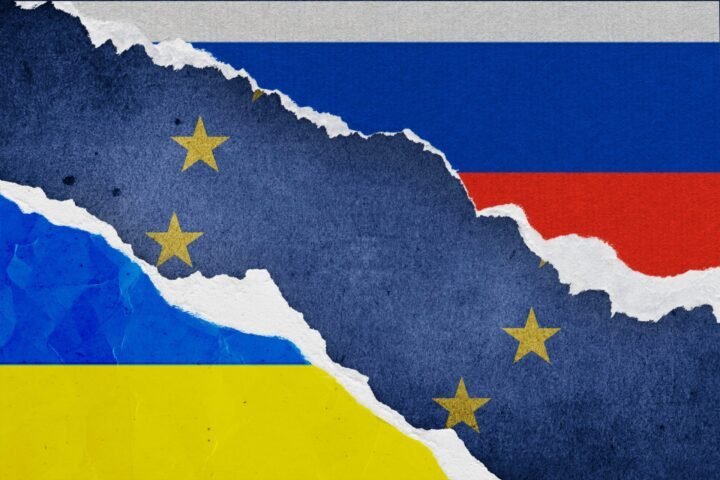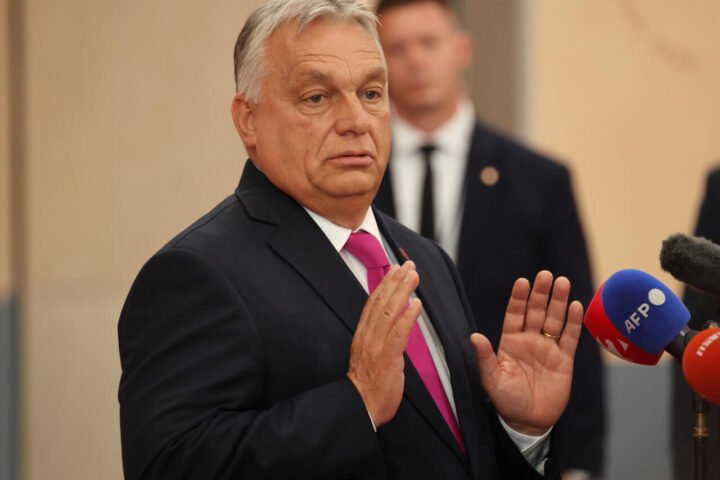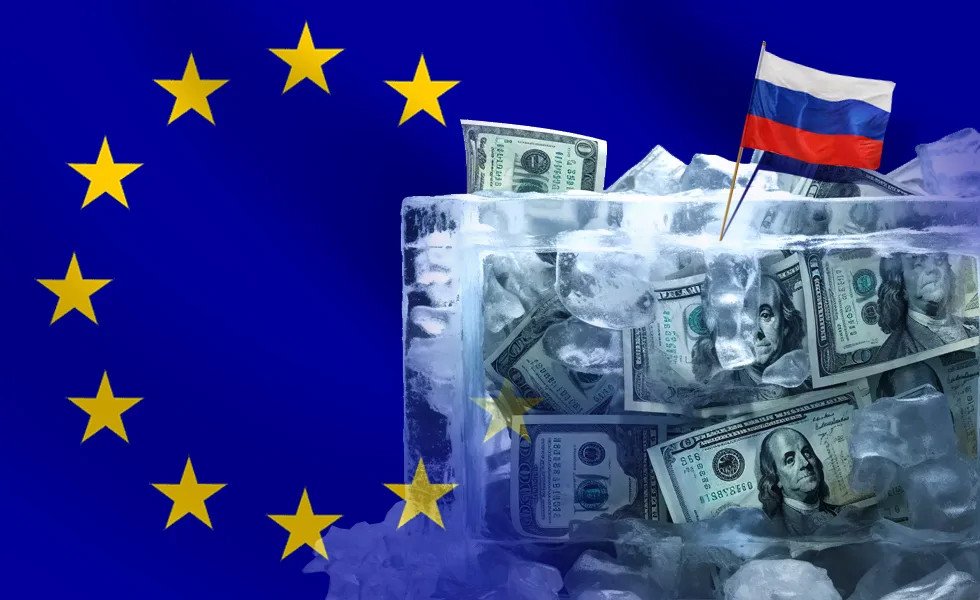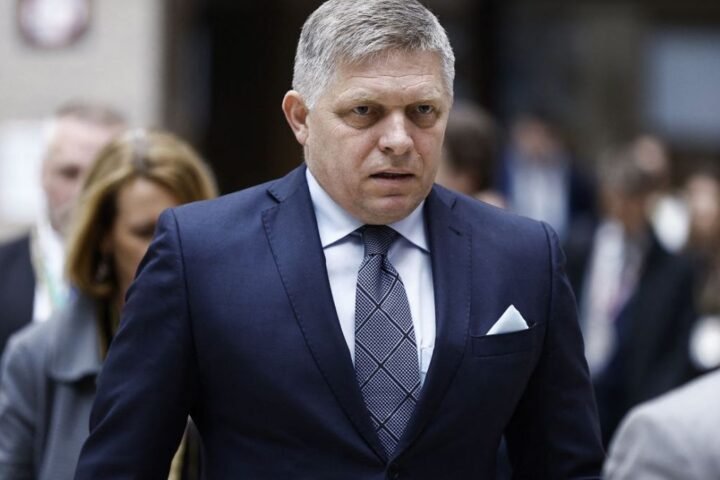Hungarian Prime Minister Viktor Orban has intensified his rhetoric against the opposition party Tisza, accusing it of cooperating with Ukrainian intelligence and attempting to influence domestic politics. In a radio interview on October 10, a segment of which was later posted on his social media account, Orban claimed that “Ukrainian intelligence has infiltrated Hungary through the pro-Ukrainian Tisza party” and that its members are “already inside your smartphone.” He added that the government would not “leave this without attention.”
Context of the latest allegations
Orban’s comments appeared to reference a recent Index report suggesting that the Ukrainian company PettersonApps might have worked on developing Tisza’s mobile application. The report also mentioned a leak of data concerning 18,000 users of the app. However, the Tisza party’s press office denied the claim, asserting that only Hungarian specialists had developed the application. The party later acknowledged that while the leaked database contained information related to its community, the source of the leak remained unknown.
Growing tension before the 2026 elections
The accusations come as Hungary moves toward parliamentary elections scheduled for April 2026. De facto, the campaign has already begun, with Orban’s ruling Fidesz party facing growing public discontent. The government has struggled to address economic stagnation, rising inflation, and fears of an impending recession. Economists warn that Hungary’s economy is nearing contraction after the European Commission suspended financial aid and subsidies to Budapest, citing persistent violations of the rule of law and democratic standards. Analysts note that if the upcoming elections are free and fair, Fidesz and Orban could face defeat.
Political rivalry and external narratives
This is not the first time Orban has accused Tisza of foreign alignment. On October 7, he alleged that the party was serving both European institutions in Brussels and the Ukrainian state, claiming its international policies were dictated by “external forces.” Earlier, on May 13, Orban stated that Tisza was working with Ukrainian intelligence in an “unprecedented operation” against Hungary, allegedly aimed at obstructing a referendum on Ukraine’s EU membership. Tisza’s leader, Peter Magyar, dismissed the allegations as “absurd and politically motivated,” filing a police complaint accusing the prime minister of spreading disinformation and using state intelligence to discredit the opposition.
Mounting domestic discontent
Throughout 2025, Hungary has seen several mass protests against Orban’s government, notably on March 15, September 21, and October 5. Tens of thousands took to the streets of Budapest to protest what they described as economic mismanagement and soaring inflation. Public anger has also been fueled by Orban’s close personal friendship with Russian leader Vladimir Putin and Budapest’s deepening ties with Moscow, which many Hungarians view as a betrayal of the country’s European orientation.










